14 GPTs for Scenario-based Learning Powered by AI for Free of 2026
AI GPTs for Scenario-based Learning are sophisticated tools designed to facilitate interactive and immersive learning experiences through the use of Generative Pre-trained Transformers. These tools leverage advanced AI to simulate real-world scenarios, enabling learners to explore and engage with various situations virtually. They are particularly adept at understanding and generating human-like responses, making them ideal for training, education, and skill development within specific contexts. By mimicking real-life challenges, these GPTs offer tailored solutions that enhance learning outcomes, making them invaluable in both educational and professional settings.
Top 10 GPTs for Scenario-based Learning are: 数据分析师面试助手,Azure Mentor,Nurse Sim,Air Traffic Control,HR Tutor - BC and Canada college-level,CantonesePal,Ethics Explorer,The Consultant Ward Round,我爱学粤语,LearningCastle
数据分析师面试助手
AI-Powered Data Analysis Interview Mastery
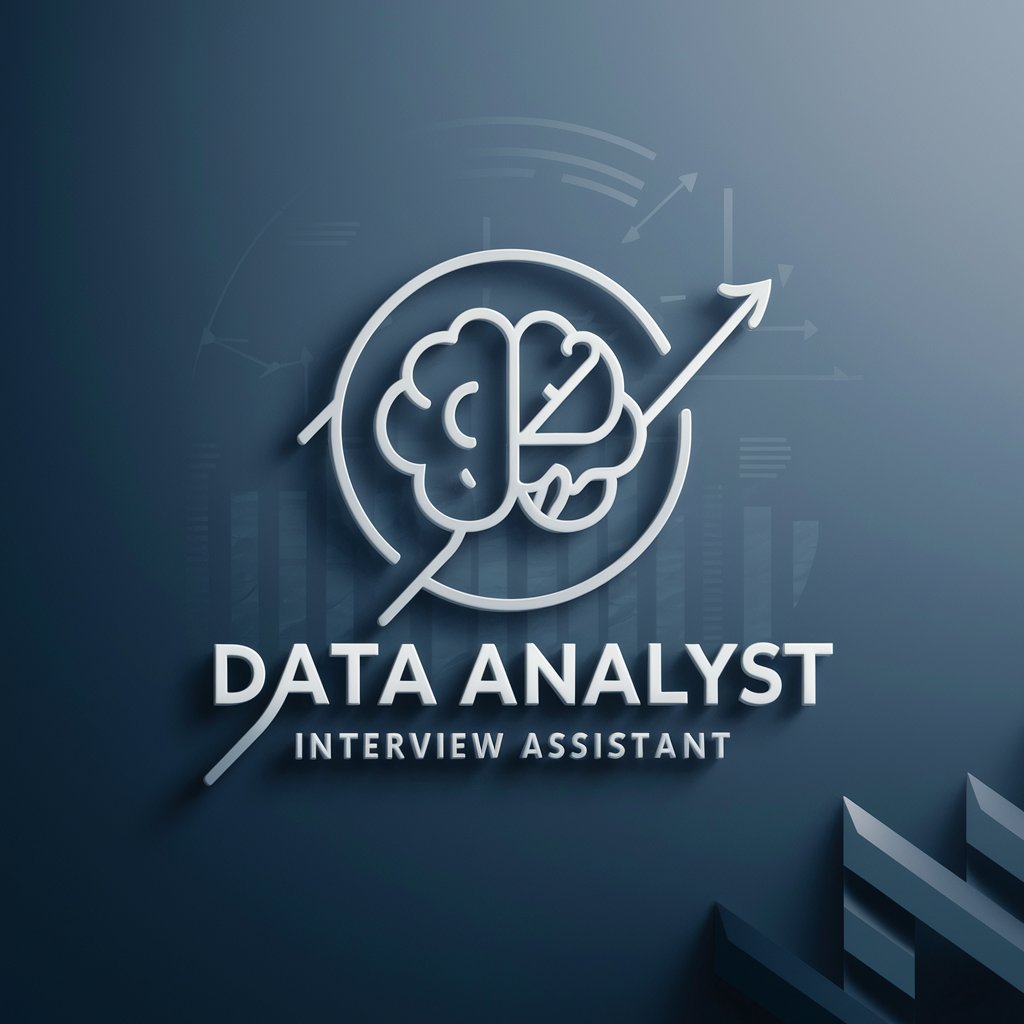
Azure Mentor
Empowering Your Azure Journey with AI
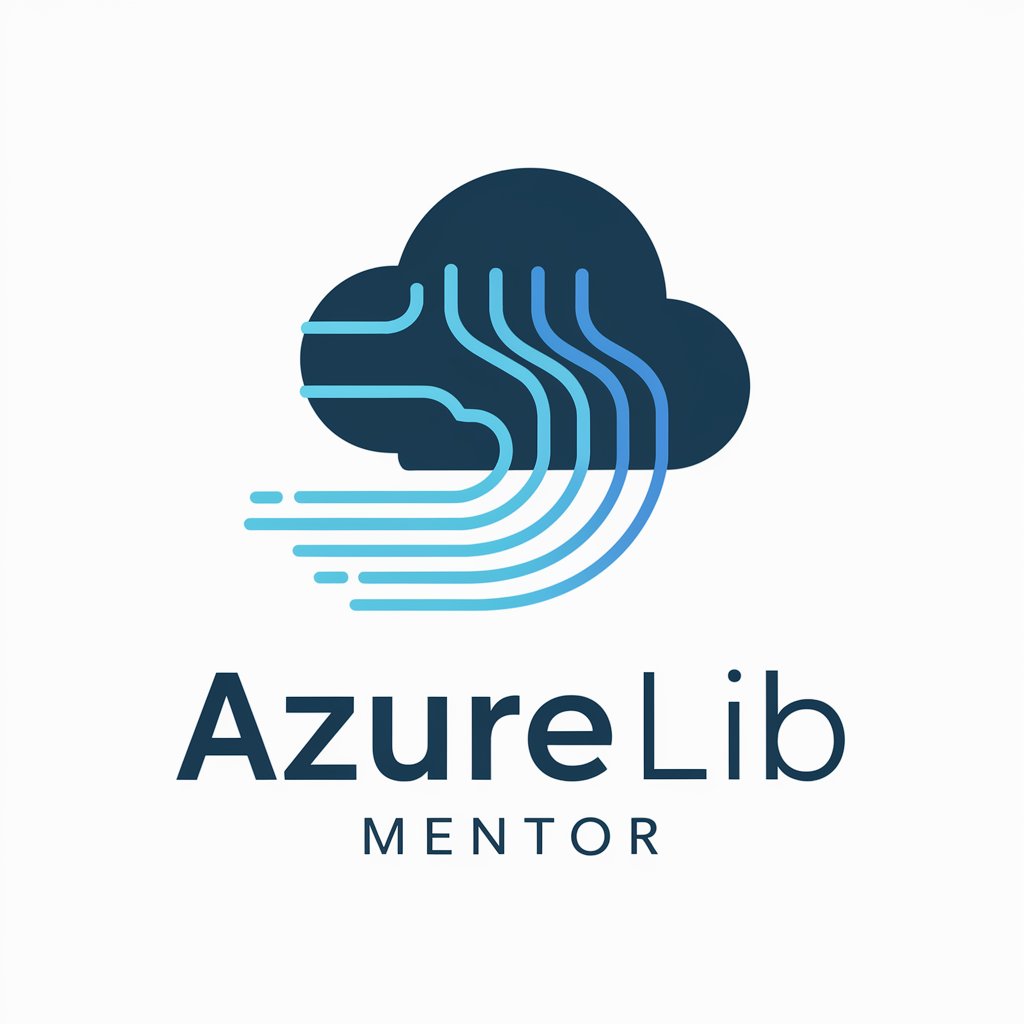
Nurse Sim
Empowering nurses through AI-driven simulations.
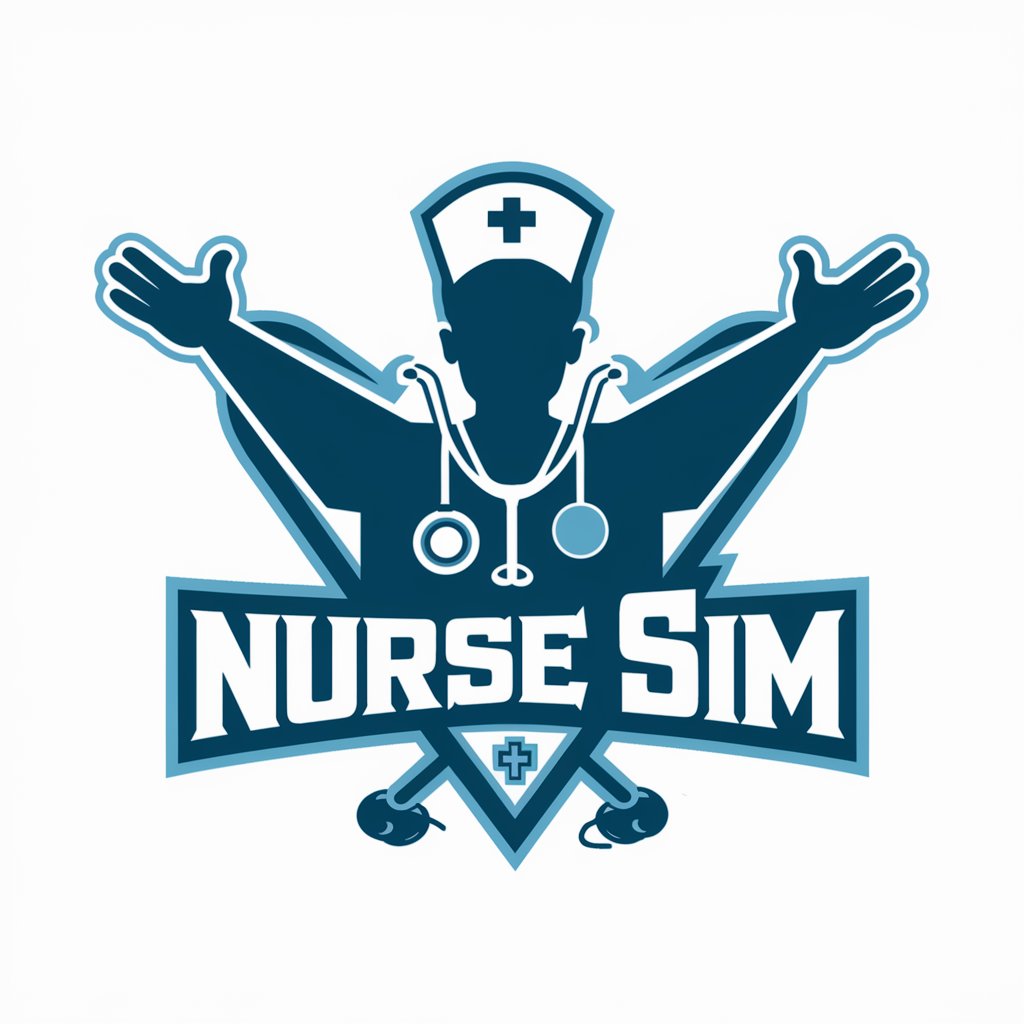
Air Traffic Control
Master the skies with AI-powered control
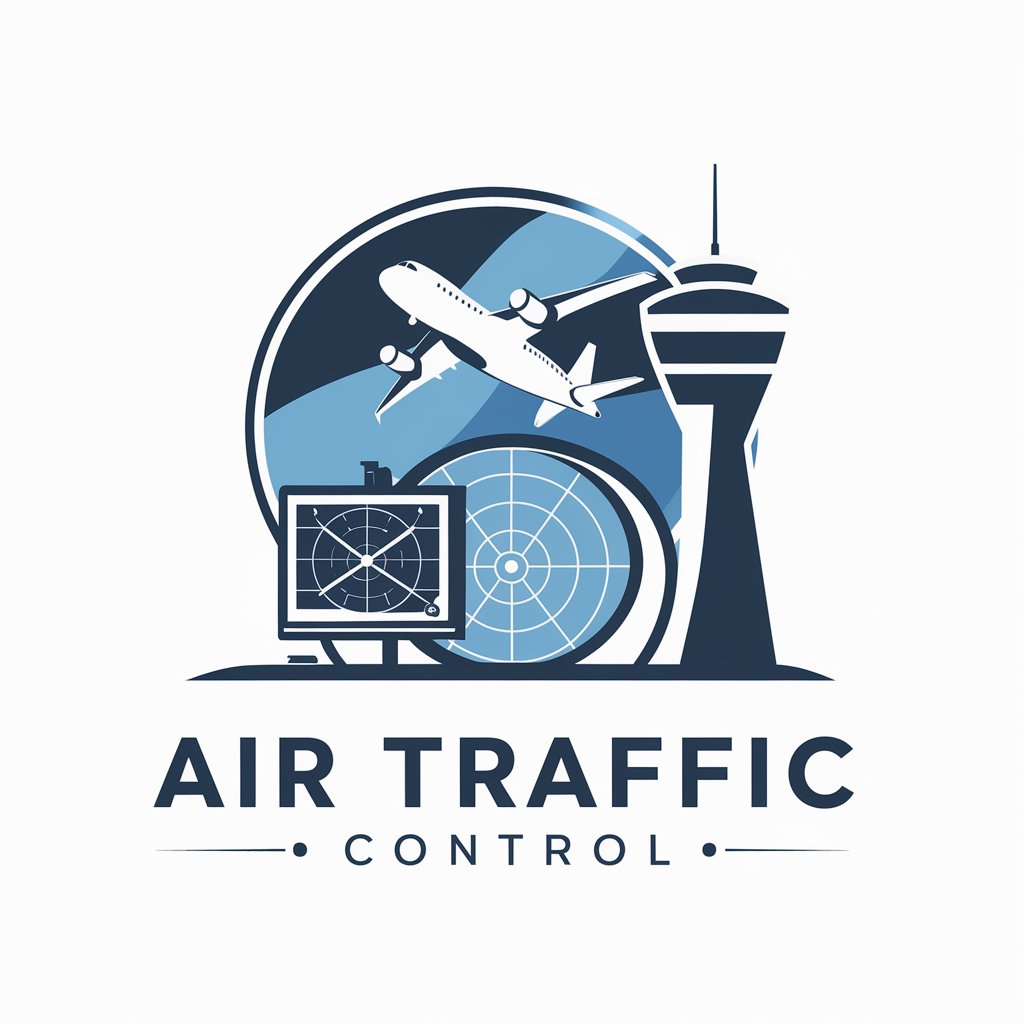
HR Tutor - BC and Canada college-level
Empowering HR Professionals with AI-Powered Canadian Legal Insight

CantonesePal
Learn Cantonese with AI-powered insights

Ethics Explorer
Fostering Ethical Insight with AI
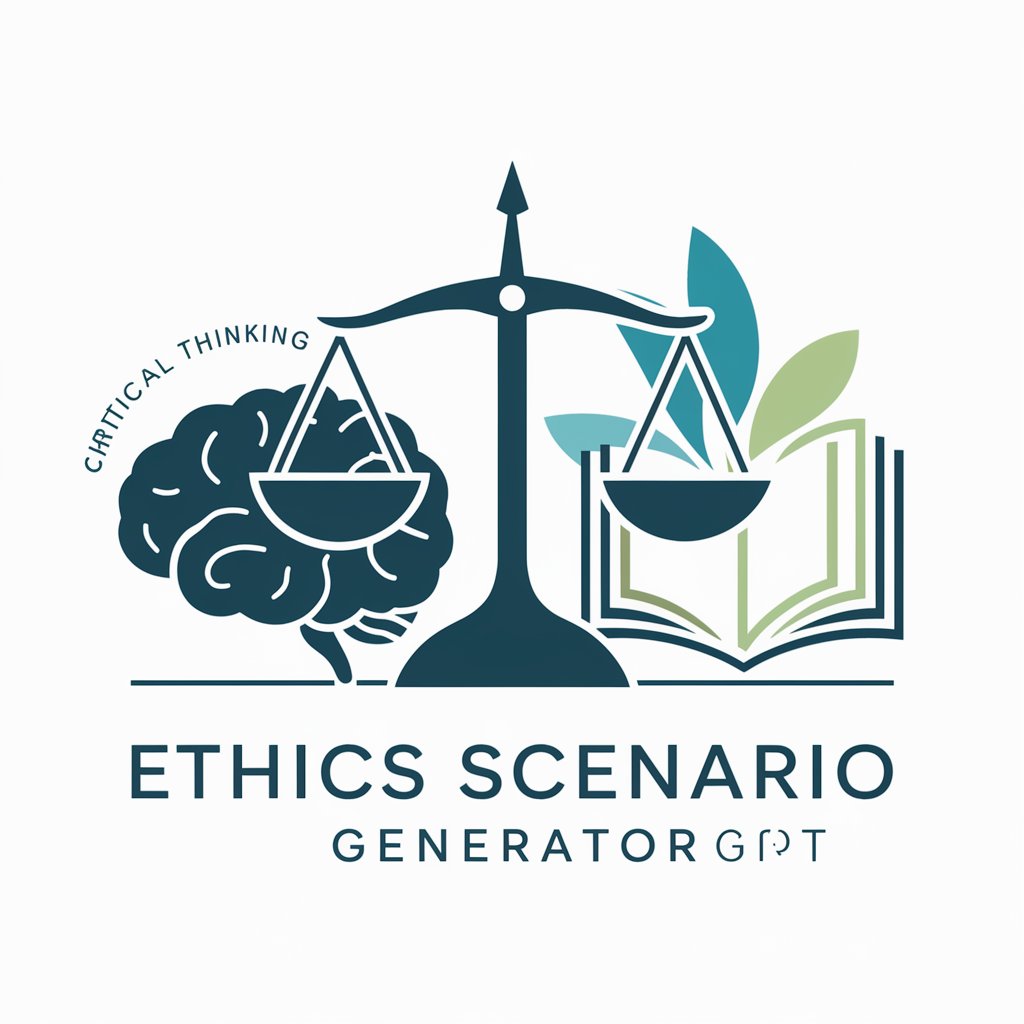
The Consultant Ward Round
Master medical rounds with AI-driven scenarios.

我爱学粤语
Master Cantonese with AI-Powered Guidance

LearningCastle
Adventure into Knowledge with AI
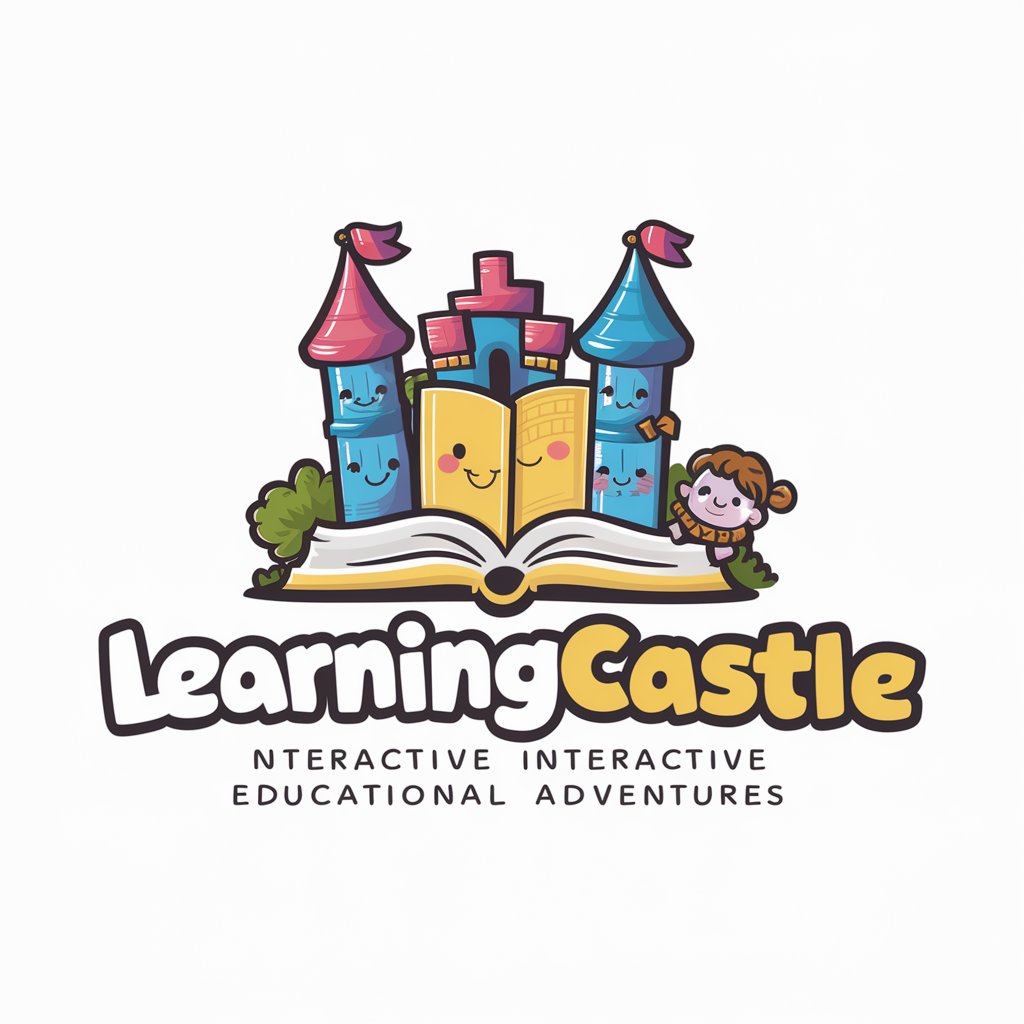
Brainwave Battles
Empowering decisions with AI insights
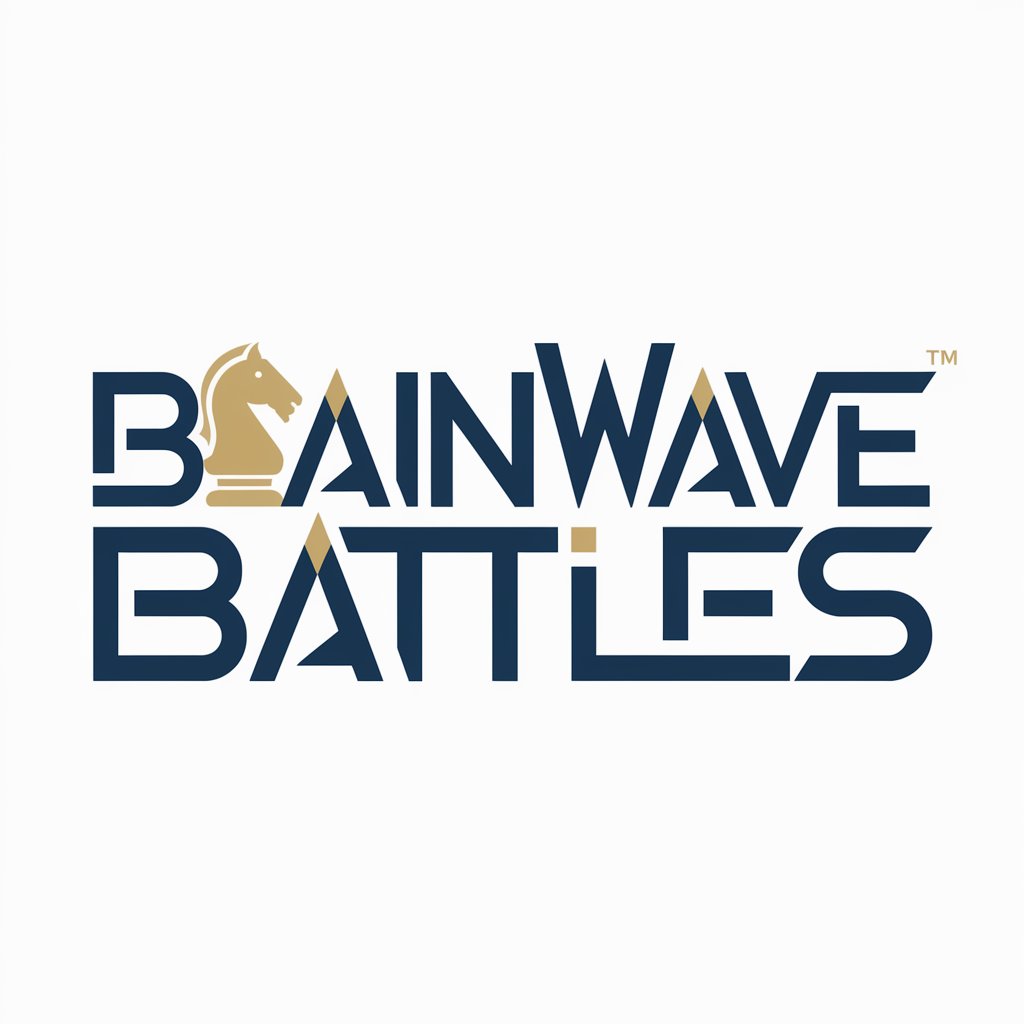
Nurse Simulator
Empowering future nurses with AI-driven simulations
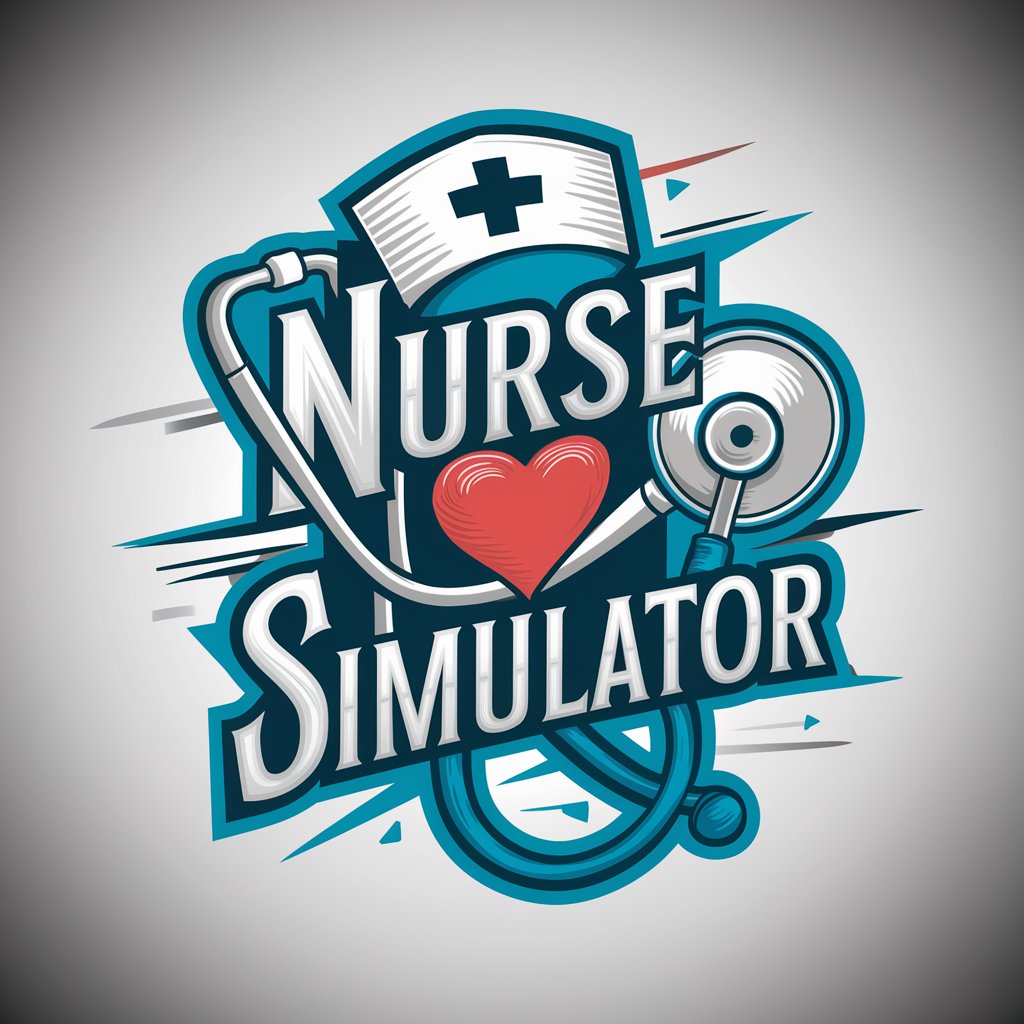
Logistics Insight
AI-Powered Supply Chain Solutions

Service Skills Coach
Elevate Your Service Game with AI

Essential Attributes of Scenario-based GPT Tools
AI GPTs for Scenario-based Learning stand out due to their ability to adapt and generate content that ranges from simple to complex scenarios. Key features include natural language understanding and generation, interactive dialogue capabilities, and the ability to simulate diverse scenarios. These tools can support language learning, provide technical assistance, perform web searches, create images, and analyze data. Their adaptability allows for custom scenarios tailored to specific learning goals, making them versatile tools in education and training.
Who Benefits from Scenario-based Learning GPTs
AI GPTs for Scenario-based Learning are designed to benefit a wide range of users, including novices seeking to learn new skills, developers aiming to create more engaging learning applications, and professionals looking to refine their expertise within a specific field. They are accessible to individuals without programming skills, offering intuitive interfaces, while also providing extensive customization options for those with coding knowledge, thus serving a broad audience effectively.
Try Our other AI GPTs tools for Free
Methodological Analysis
Discover how AI GPTs revolutionize methodological analysis, offering tailored, scalable solutions for data interpretation, predictive modeling, and research strategy development.
Translation Services
Unlock the power of language with AI GPTs for Translation Services. Experience accurate, context-aware translations designed to bridge global communication gaps effortlessly.
Photography Critique
Discover how AI GPTs for Photography Critique can transform your photography with personalized, insightful feedback on your work. Perfect for photographers at all levels.
Architectural Compliance
Discover how AI GPTs for Architectural Compliance are revolutionizing the way architects and developers ensure that projects meet all regulations and standards, with customizable tools designed for efficiency and accuracy.
Regulatory Advisory
Discover how AI GPTs for Regulatory Advisory are revolutionizing compliance with tailored, up-to-date guidance across industries.
Virtual Production
Explore how AI GPTs revolutionize Virtual Production, offering tailored solutions for enhanced creativity, efficiency, and realism in digital environments.
Expanding the Horizons of GPT-based Learning Solutions
AI GPTs for Scenario-based Learning not only offer an innovative approach to education and training but also provide scalable, customizable solutions across various sectors. Their user-friendly interfaces facilitate easy adoption, while their integration capabilities ensure they can enhance existing educational platforms and workflows, paving the way for a new era of interactive learning.
Frequently Asked Questions
What exactly are AI GPTs for Scenario-based Learning?
They are advanced AI tools that leverage Generative Pre-trained Transformers to create immersive learning experiences by simulating real-world scenarios for educational purposes.
How do these tools enhance learning experiences?
By providing interactive, scenario-based simulations, they allow learners to engage with and respond to situations as they would in real life, thus improving comprehension and retention.
Can beginners use these tools without prior programming knowledge?
Yes, these tools are designed with user-friendly interfaces that require no coding skills, making them accessible to beginners.
Are there customization options for developers?
Yes, developers can access advanced customization options to tailor scenarios to specific learning objectives or integrate unique features.
What types of scenarios can these GPTs simulate?
From language learning sessions to technical support simulations and professional skill development exercises, the possibilities are vast and varied.
Is it possible to integrate these tools into existing educational platforms?
Absolutely, these GPT tools are designed to be integrated with existing systems or workflows, enhancing their capabilities without requiring major overhauls.
How do these GPT tools understand and generate human-like responses?
They are trained on vast amounts of text data, enabling them to understand context, mimic human conversation patterns, and generate realistic responses.
Can these tools be used in professional training environments?
Yes, they are ideal for professional development, offering scenarios that can mimic industry-specific challenges and enhance job-related skills.